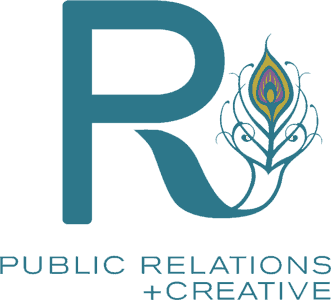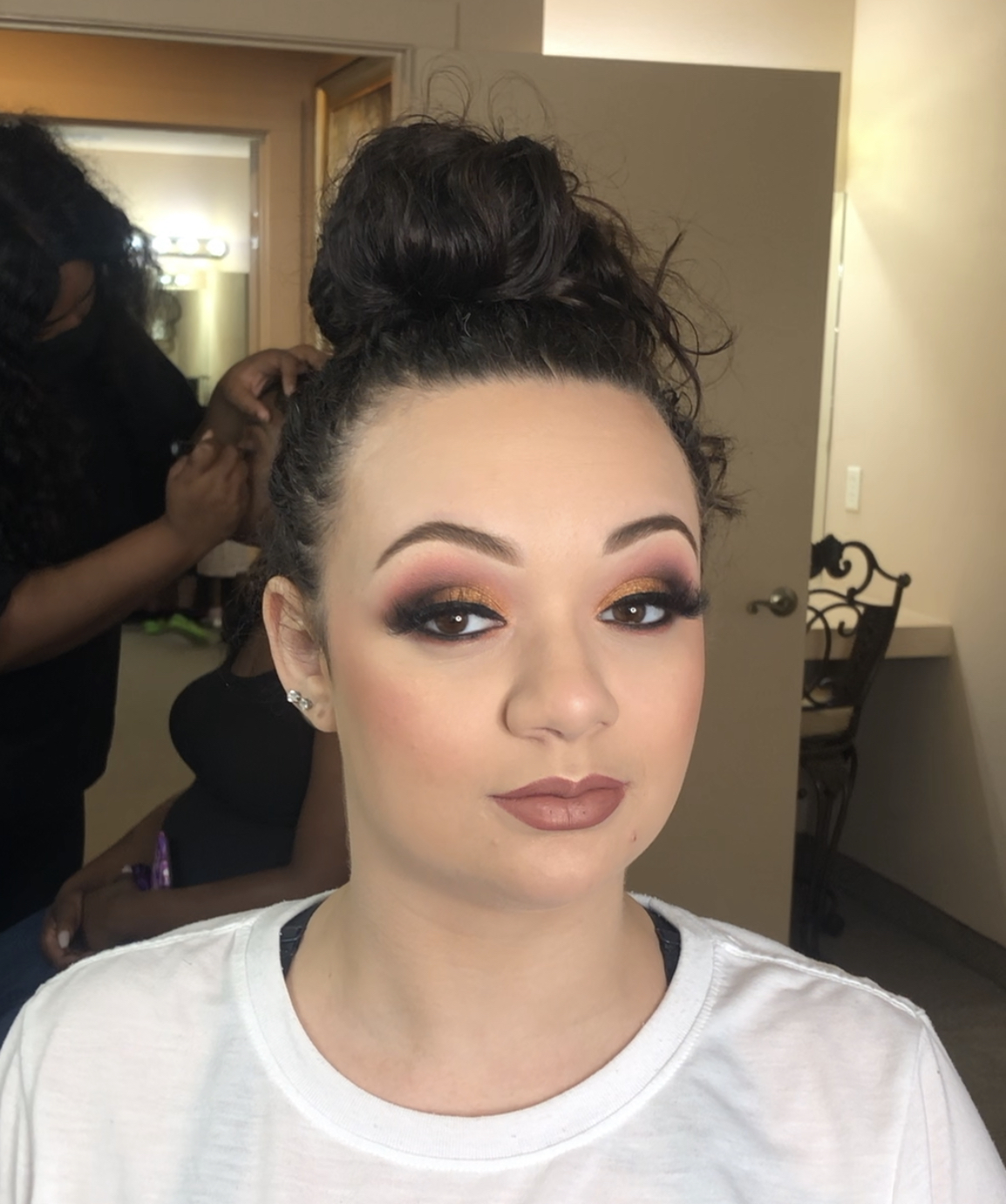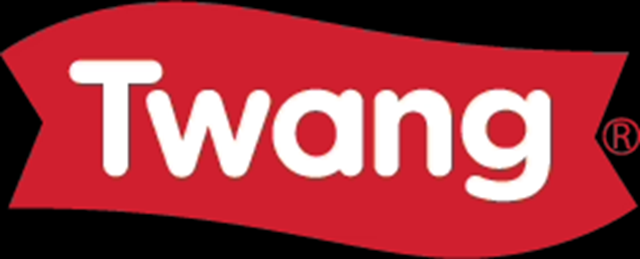R Public Relations Firm
How Industry Analyst Engagement in Your PR Strategy Can Help Your Startup Succeed

Influencers are all the rage these days for brands who are looking to increase brand awareness and credibility, build engagement, and ultimately increase sales. But, if you’re a startup, especially in tech, you shouldn’t overlook the power of the original influencers: industry analysts. Including industry analyst engagement in your PR strategy is a must. Here’s why and how to connect with them.
The Importance of an Industry Analyst
In general, an industry analyst is a person, working individually or within a firm, who creates and publishes in-depth research about a particular field. They are especially common, and influential, in the technology industry helping to influence purchasing decisions and shape public opinion. In fact, a Gartner, Forrester, or IDC study is likely to have helped you choose a product, service, or provider in the past. Industry analysts are trusted to provide expertise and objectivity which is why favorable mentions can do so much for your brand including:
- Increasing awareness
- Raising investor capital
- Increasing sales
- Improving your company’s reputation
- Improving credibility
Industry analysts are also routinely quoted in the media as experts in their field and asked to speak at leading industry conferences on innovation and market trends.
Achieving Effective Industry Analyst Engagement
Now that you know why it’s so important that industry analysts are aware of and familiar with your brand’s capabilities, how do you strategically engage with them? These tips can help.
1. Find the right industry analysts
You’ll need to research the industry analysts in your specific niche. Technology is a vast field so it’s important to prioritize your industry analyst engagement on who will be most influential for your brand. Learn all you can about them as that will help you understand their research focus and will help you anticipate questions they might ask during a briefing.
2. Build the relationship
Reach out to the industry analysts on your radar to schedule a briefing. They are busy people, so you have to be prepared with a pitch that will cut through the clutter. Keep in mind that industry analyst engagement can be a lengthier process than traditional PR pitching so plan ahead.
3. Prepare for the briefing
Most startups don’t have the clout to get in front of industry analysts on a regular basis, so you need to make your briefing count. Don’t be overly promotional, instead provide a company background from a strategic perspective with the industry in mind and focus on how your product or service addresses current market needs. Make sure you back everything up with data. And be honest, especially when it comes to areas of improvement. What’s more, think of this as a give-and-take where you can also ask them questions about their research agendas (and how your brand might fight in) as well as their perspective on the industry to gain further insight.
4. Keep top-of-mind
But do this in a relevant manner, keeping in mind their research focus when it comes to keeping industry analysts informed of your brand’s news, strategies, and plans. You’ll also want to make sure you quickly respond to information requests. In addition, use industry conferences and other networking events for industry analyst engagement as well. All of these tactics will help you nurture the relationship and position your brand as a resource.
While larger brands have an entire analyst relations team devoted to this ongoing effort, smaller brands and startups can lean on their PR firm for this expertise. For example, R team can not only handle all of the above for you, but we can leverage our already established relationships among industry analysts in the technology and startup community on your behalf.
For more information on how R industry analyst engagement expertise can help your brand, schedule your FREE Discovery Call today!
What Keeping Up With Kardashian Crisis Communication Can Teach Your Brand

You might say that wherever there’s a Kardashian, drama is sure to follow. But regardless of whether that’s bad luck or careful planning, no one knows how to capitalize on a crisis like this family. Their PR prowess in general is impressive, but their ability to weather scandals and missteps and come out the other side with an even stronger brand is a master class in crisis communication. Here’s what the Kardashians can teach your brand.
Lesson One: Stick to The Crisis Communication Plan
Yes, you should have one in place BEFORE any type of crisis hits. And the word is that when you know what hits the fan, the Kardashians have a meeting−all of them−no matter where they are the family is on the phone, on FaceTime, etc. Kris Kardashian is said to lead these meetings where the family discusses how to handle the situation and do damage control; no doubt their PR firm plays a big part in this as well. The key is, everyone already knows what to do. This is important because with roles and steps already set, you can respond quicker and focus on the crisis itself, not a last-minute scramble.
Lesson Two: Do Your Best to Control the Narrative
There really are any number of crises or scandals you could pick from Kardashian-wise from Kendall’s Pepsi ad to Kim’s crypto controversy to Kylie’s billionaire status to the Tristan Thompson cheating scandals to the never-ending saga that is Kanye. But through them all, if you’re watching closely, you can tell the family stays on the same page in their responses. Or, they don’t respond at all. You won’t catch one Kardashian making a statement and another disputing it or saying the opposite.
That’s the key here; present a united front. Know the narrative you want to get across and make sure everyone sticks with it. What’s more, the Kardashians haven’t been front page news all these years without making media connections and they use them to get their narrative out there. Most brands don’t have those connections, but PR firms do, which is another way they can help in a crisis.
Lesson Three: Humanize the Situation
One advantage the Kardashians have already is their personal brand. Yes, everyone in the family has a business brand (or two, or three), and to some degree their own personal brand (depending on the family member), but it all collectively rolls up into the Kardashian family brand. And the operative word here is family. So, it’s easier here to humanize, when regardless of the crisis, you hear from Khloe, Kourtney, Kim, Kris, or other family members directly. You know them, to a degree, on a personal level already which helps as they tell their side of the story. But brands can do this too.
A proactive approach is to humanize your brand, in general, by connecting with your audience as much as possible before any crisis takes place through brand ambassadors in the company, influencers, and/or even social media stories about employees, customers, community involvement, social causes, etc. Then, when a crisis happens, and you follow a similar approach specific to that situation, your audience is likely already more receptive. But however you engage with your audience, it must be sincere and relevant or it will backfire. A good PR firm can help you craft the right approach here as well.
Lesson Four: Make the Most of Any Situation
The Kardashians never let a crisis or scandal slow them down. And not just that but they are definitely in the camp that there’s no such thing as bad publicity because they have made the most of it on the regular. Case in point: Kylie’s lip injections. She came under fire when just a teenager for getting lip injections and soon after launched her own makeup line, Kylie Cosmetics. Initially, the line sold lip kits but has now turned into a cosmetics giant. Certainly, not all crises turn out this way, but the point is that brands can look for opportunities during any situation to come out the other side better and stronger. And your PR firm can help make that happen.
To learn how R team can help your brand with crisis communications, schedule your FREE discovery call today!










